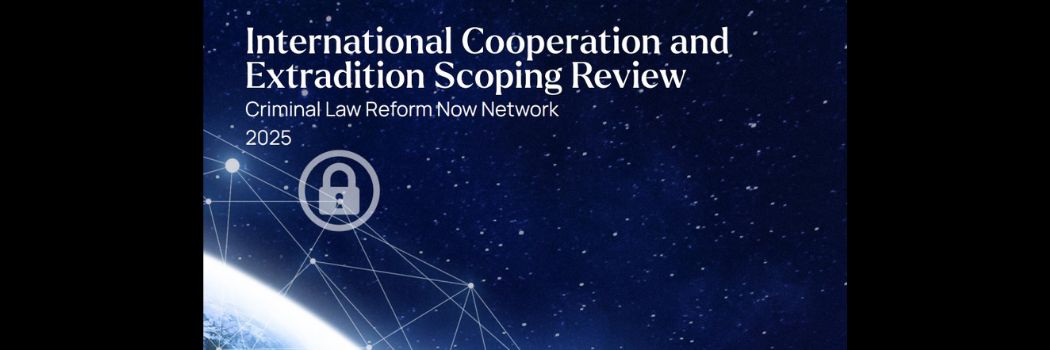
The UK's extradition, mutual legal assistance, and criminal jurisdiction systems need urgent reform, according to a new report.
More about the report
The International Cooperation and Extradition Scoping Review has been led by Gemma Davies, from Durham Law School, and draws on consultation with leaders in government, law enforcement, the judiciary, legal profession, and academia.
The report explores whether existing legal tools are fit for purpose in an era of globalised crime, digital evidence, and shifting international partnerships. It identifies critical gaps in the current legal framework and makes detailed recommendations to modernise how the UK cooperates with other countries in the investigation and prosecution of crime.
It was commissioned by the Law Commission of England and Wales, and delivered by the Criminal Law Reform Network.
Findings and recommendations
The report highlights growing operational and legal strain on the UK's Extradition Act 2003, including challenges surrounding other countries' assurances, bars to extradition, the role of the Crown Prosecution Service (CPS), and the impact of concurrent asylum claims.
It considers the implications of the Supreme Court's recent El-Khouri ruling, which significantly affects how UK courts assess dual criminality in extradition cases involving extraterritorial conduct.
In the area of mutual legal assistance, where countries cooperate on criminal investigations and prosecutions, the report finds that current processes are fragmented, slow, and legally unclear – especially in relation to the admissibility of foreign evidence, the application of police powers, and police-to-police cooperation.
On criminal jurisdiction, regarding the power of a court to hear a criminal case, the report argues that the current legal framework for territorial and extraterritorial jurisdiction (the power of a state to apply and enforce its laws beyond its borders) is fragmented, inconsistently applied, and often unclear.
The report calls for a comprehensive law reform project, and recommends the Law Commission prioritise this.
The legal frameworks that support our international criminal cooperation efforts have not kept pace with the realities of modern crime. We hope this review provides a strong evidence base for reform that balances legal certainty, fairness, and operational efficiency.
This is a serious, thorough and most importantly useful piece of work which will help to set the terms of the debate for law reform in this area. The review has opened up discussion within and outside government and provides a strong rationale for pursuing law reform.
The report's findings and recommendations are now being considered by the Law Commission.






